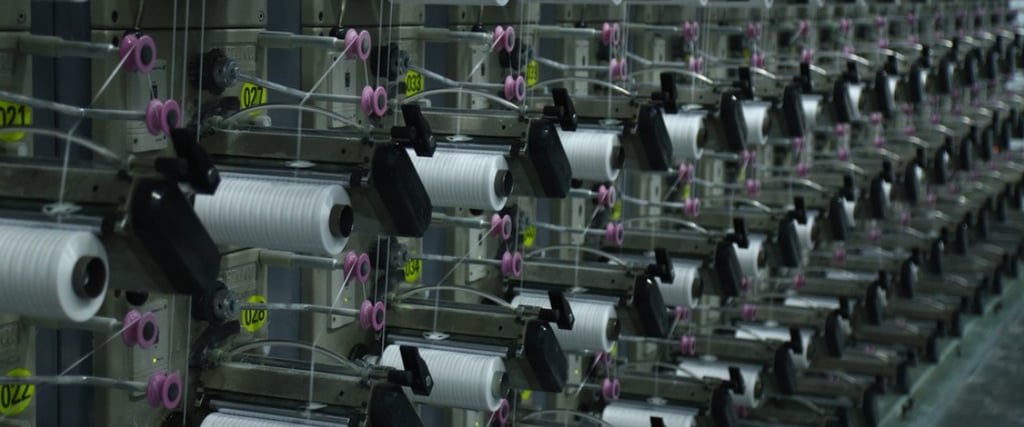Top Safety Standards for Ton Bags: Ensuring Compliance in Hazardous Material Transport for US and EU Markets
Flexbulkbags
5/16/20252 min read


Handling hazardous materials demands unwavering safety, especially in regulated markets like the United States and European Union. Ton bags, or FIBC containers, play a pivotal role in this, but only if they adhere to rigorous standards. From UN certifications for dangerous goods to anti-static features for explosive environments, understanding these protocols is key to avoiding fines, accidents, and supply chain disruptions. This article delves into essential safety standards for bulk bags, helping you navigate compliance with confidence.
Essential Certifications for FIBC Bags
Safety begins with certification. For international transport, UN-certified ton bags are non-negotiable for hazardous substances like chemicals or fertilizers. These bags undergo drop, topple, and stacking tests to ensure they withstand real-world stresses.
In the US, OSHA guidelines mandate static-dissipative (Type D) FIBC bags in flammable atmospheres, common in oil and gas sectors. EU's ATEX directives echo this, requiring conductive (Type C) bags in zones with explosive dusts. Food-grade applications need FDA or EU 10/2011 compliance to prevent contamination.
Design Elements That Enhance Safety
Look for these features in your ton bags:
1. Loop and Seam Strength: Four-loop designs with safety factors of 6:1 prevent failures during lifting by cranes or forklifts.
2. Liner and Barrier Protection: PE liners shield against moisture or leaks, crucial for pharmaceuticals in humid European climates.
3. Electrostatic Discharge Prevention: Grounding tabs on Type C bags eliminate sparks, vital for powder handling in North American factories.
4. Labeling and Traceability: Clear labels with handling instructions and batch numbers facilitate audits and recalls.
For mining operations, abrasion-resistant fabrics extend bag life, reducing rupture risks.
Common Pitfalls and How to Avoid Them
Overloading is a frequent issue—always adhere to SWL ratings. Improper storage, like exposure to sunlight without UV treatment, degrades material. Regular inspections, as recommended by the Flexible Intermediate Bulk Container Association (FIBCA), can prevent these.
In transatlantic shipping, mismatched certifications can delay customs; opt for bags meeting both DOT (US) and ADR (EU) standards for seamless trade.
Why Prioritizing Safety Pays Off
Compliant ton bags not only protect workers—reducing injury claims—but also safeguard your reputation. Industries report fewer incidents and lower insurance premiums with certified FIBC solutions. In an era of heightened scrutiny, safety compliance differentiates your business.
Wrapping Up
Investing in safety-standard ton bags is an investment in reliability. Whether you're in chemicals, agriculture, or construction, our compliant FIBC bags ensure peace of mind. Contact us today for a consultation or browse our certified range.
